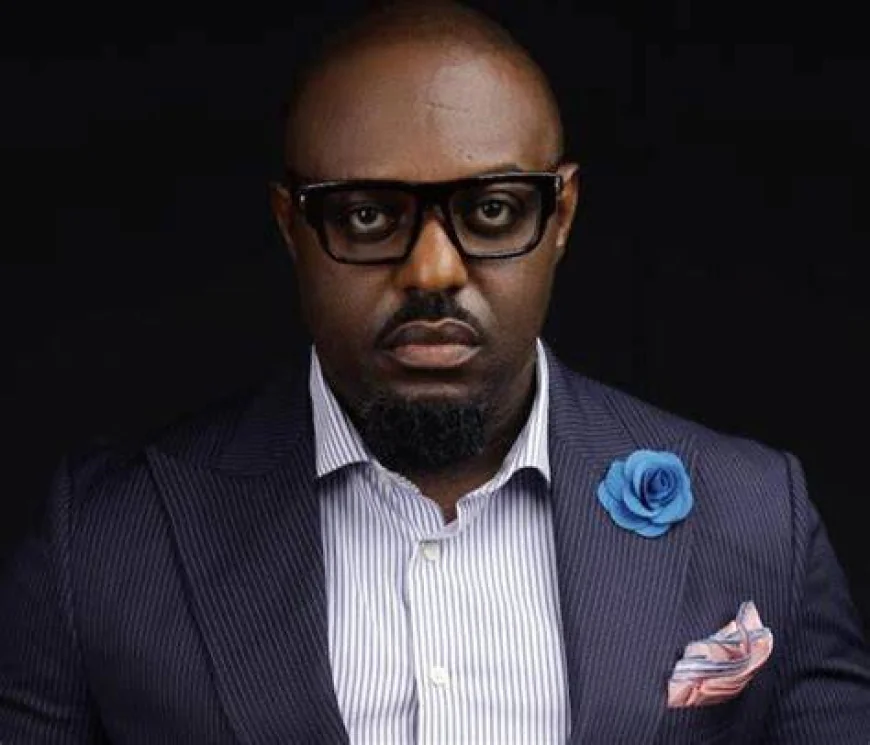Jim Iyke on Feminism: ‘It’s No Longer About Equality, It’s War

Veteran Nollywood actor Jim Iyke has never been one to hold back his thoughts, and this time, he’s diving headfirst into one of the most polarizing conversations of the decade: modern feminism.
In a recent interview, the charismatic actor opened up about his evolving views on gender roles, power dynamics, and what he sees as the misrepresentation of feminism in today’s culture.
According to him, “Feminism started with a purpose, but somehow, in our society, it’s lost its balance and has turned into a power struggle instead of a call for equality.”
“It’s No Longer About Equality, It’s War”.Jim Iyke’s commentary is striking not just because of its boldness, but because it’s coming from someone who has worked with, admired, and even loved strong women throughout his life.
He acknowledges the importance of gender equality, saying: “I was raised by a woman who never let a man define her. That’s real strength. But what I see today is not strength, it’s conflict masquerading as empowerment.”
The actor claims that many modern-day feminist narratives are laced with hostility rather than harmony — “It’s no longer about respect or fairness. It’s a ‘one must lose for the other to win’ kind of mindset — and that’s dangerous for any society.
Rather than dismissing feminism altogether, Jim Iyke is calling for a reset — a return to the core values of the movement: equality, respect, and understanding.
He believes the digital age, especially social media, has turned serious discussions into “hashtags and hollow arguments” where outrage is currency and nuance is lost.
“Everyone’s screaming, no one’s listening,” he said. “The people who care about real change have been drowned out by noise and trends.”
As expected, Jim Iyke’s take has stirred a storm of reactions. Some praised his honesty and the call for unity, while others accused him of misunderstanding the deeper roots of systemic imbalance.
Still, many agree that his perspective, while controversial, opens the door to a much-needed dialogue about the direction feminism is taking in African society — and whether that direction still serves the people it was meant to protect.


